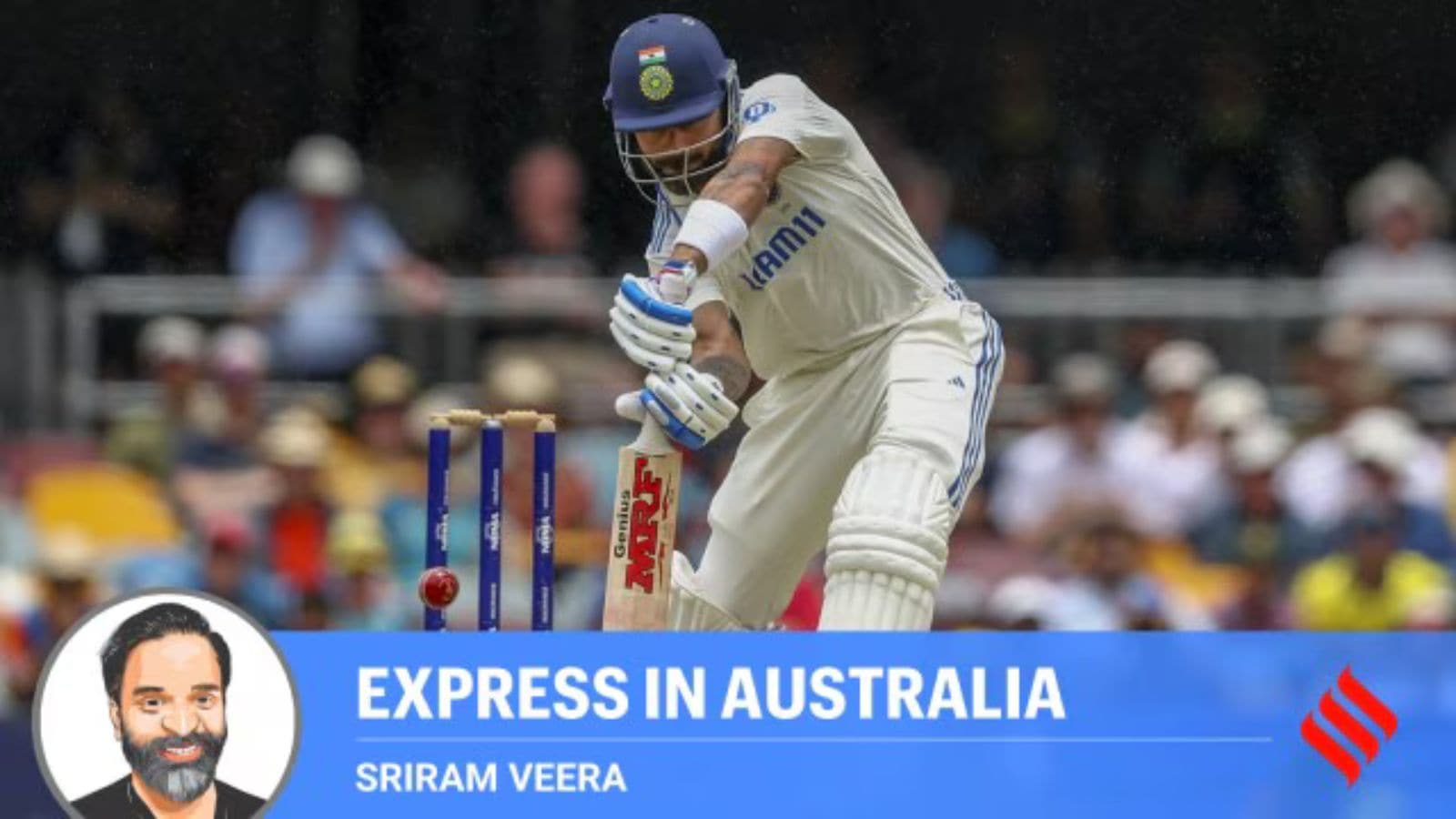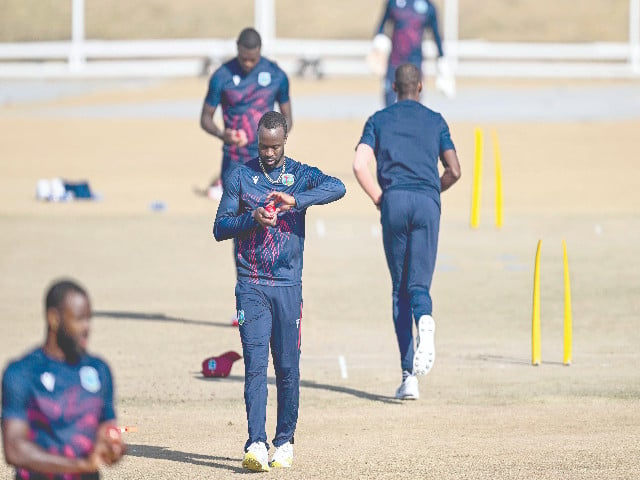Indian Captains To Lose Most Test Matches At Home In 21st Century

The cricketing fortress that India had built around its home Test matches, standing unbreached for over a decade, crumbled as New Zealand clinched a historic victory, marking the end of a 4,331-day streak. This defeat not only highlighted the vulnerabilities of the current Indian side but also brought into sharp focus the performance of its captains in the longest format at home. The narrative of Indian cricket captains in the 21st century, particularly concerning home Test losses, paints a picture of resilience, strategy, and sometimes, unexpected defeats.Rohit SharmaRohit Sharma’s tenure as Test captain has been under the microscope, especially after the series against New Zealand. With 5 losses in 16 Tests at home, Sharma’s record is the most blemished among recent captains. His leadership, while commendable in patches, has faced criticism for tactical decisions and team selection, especially in matches where the opposition managed to outplay India on Indian soil. The loss to New Zealand wasn’t just a defeat; it was a loud call for introspection on Sharma’s captaincy style, which has been perceived as less aggressive and perhaps lacking the tactical acumen needed to navigate through challenging situations.Sourav Ganguly and MS Dhoni:Sourav Ganguly, with 3 losses in 21 Tests, and MS Dhoni, also with 3 losses but in 30 matches, represent an era where Indian cricket was transitioning from defensive to more assertive gameplay. Ganguly’s losses came during a period when Indian cricket was still finding its footing in global cricket, with his captaincy often remembered for its fighting spirit rather than tactical brilliance. Dhoni, on the other hand, brought a calm demeanor, but his losses at home were more about missed opportunities rather than tactical failures, showcasing a captain who perhaps trusted his instincts a bit too much in home conditions.Sachin Tendulkar, Rahul Dravid and Virat Kohli:Sachin Tendulkar and Rahul Dravid, with 2 losses each, represent a time when Indian cricket was about individual brilliance rather than collective strategy. Tendulkar’s captaincy was brief and more about personal milestones than team victories, while Dravid’s tenure was marked by a shift towards a more structured approach to the game, though his losses were fewer due to a smaller sample size.Virat Kohli, with only 2 losses in 31 Tests, stands out for his aggressive captaincy that redefined Indian cricket. Kohli’s era was about setting records and pushing boundaries, making those two losses anomalies rather than norms. His leadership was about domination, where even losses were hard-fought, often due to circumstances rather than lack of effort or strategy.As we reflect on these captains, the narrative isn’t just about numbers but about the evolution of Indian cricket. Each captain brought something unique to the table, from Ganguly’s defiance to Dhoni’s calmness, Tendulkar’s elegance, Dravid’s methodical approach, and Kohli’s fire. Rohit Sharma’s chapter is still being written, with fans and critics alike watching closely to see if he can turn the narrative around.The closing of this chapter in Indian cricket, marked by the defeat to New Zealand, isn’t just about the end of a streak but the beginning of new dialogues on leadership, strategy, and the essence of Test cricket. It’s a reminder that in cricket, as in life, streaks are meant to be broken, and from those breaks emerge new stories, new heroes, and perhaps, new legends.












